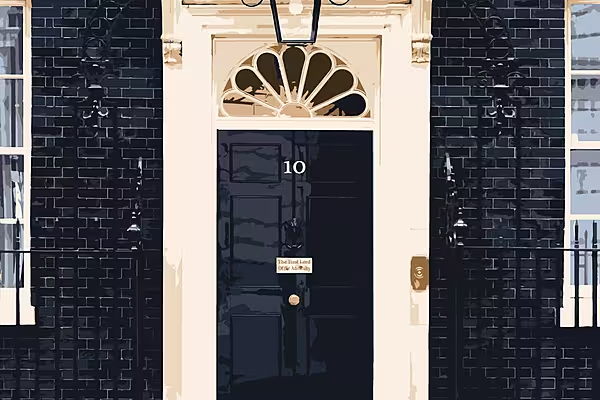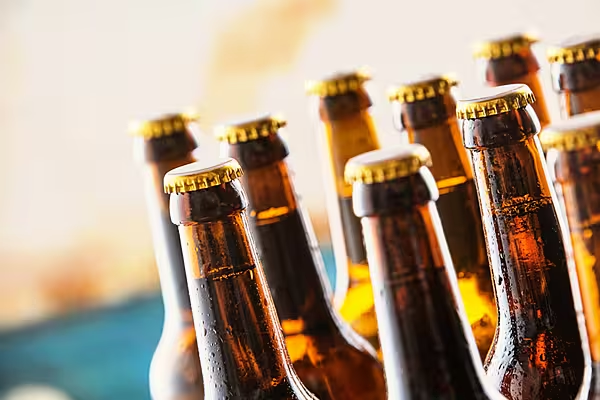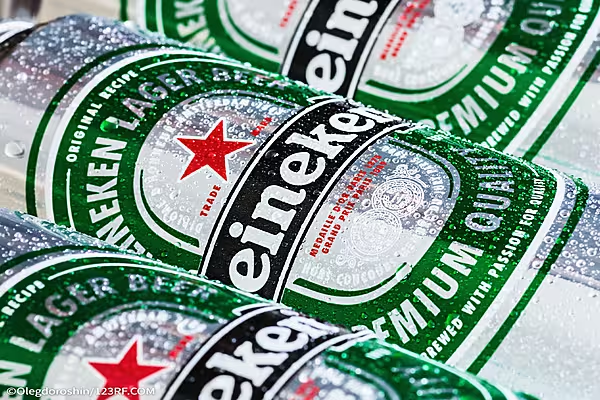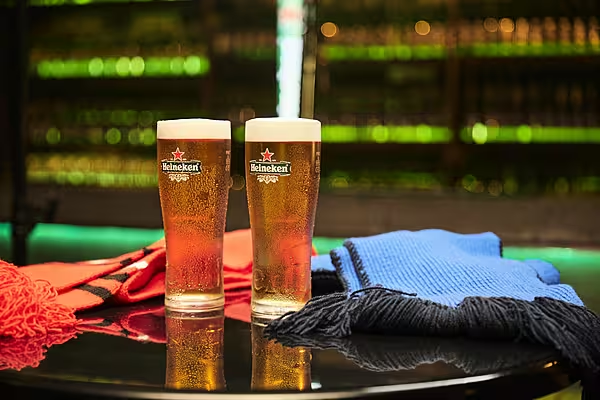Drinks Industry Group of Ireland (DIGI) has warned that a no-deal Brexit could have a 'recession-type' effect on the drinks and hospitality sector, particularly in rural Ireland.
'As the Tory leadership race draws to its close, which has not been ruled out by prime ministerial front runner Boris Johnson,' highlighted DIGI, 'the UK’s EU withdrawal may take place on or before 31 October without a deal, in which case the UK and EU will have to agree a separate bilateral trade deal, a process that could take many years.'
For Ireland, this could have 'disastrous ramifications, particularly for the drinks and hospitality businesses that depend on easy, tariff-free access to the UK market and a stable sterling,' the group said in a statement.
Speaking today, Rosemary Garth, Chair of DIGI and Director of Communications and Corporate Affairs at Irish Distillers, said: “In just a few short years, the Irish drinks and hospitality sector has experienced immense growth.
"Irish whiskey and beer are undergoing a global renaissance, and Irish pubs and restaurants remain a fixture on overseas tourists’ travel itineraries."
Garth suggested that could change with Boris Johnson in Number 10.
"His election would greatly increase the chance of a no-deal Brexit, which, by extension, would jeopardise the long-term growth prospects of Irish drinks and hospitality businesses that depend on stable British tourism and exports markets," she added.
In advance of this scenario, and to give drinks and hospitality businesses the resources necessary to protect themselves against the worst elements of a no-deal Brexit, DIGI has urged the Government to reduce excise tax on alcohol by 15% over two Budgets, with a 7.5% reduction in Budget 2020 and a further 7.5% reduction in Budget 2021, the statement outlined.
A sector at risk
Compounding Brexit issues is Ireland’s punitively high alcohol excise tax, the group that represents the Irish drinks industry said.
Ireland has the second-highest overall alcohol excise tax in the EU; the highest excise tax on wine; the second-highest excise tax on beer; and the third highest on spirits.
“By incrementally reducing excise tax on alcohol in Budget 2020 and Budget 2021, businesses, particularly the most vulnerable in rural Ireland, will have more available funds to weather the toughest moments of a no-deal Brexit, and the ability to continually invest in job creation, commercial expansion, and product and service innovation.” Garth added.
© 2019 Checkout – your source for the latest Irish retail news. Article by Donna Ahern. Click sign-up to subscribe to Checkout.









